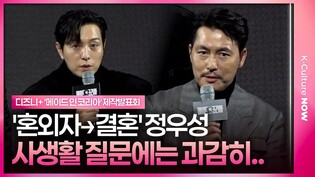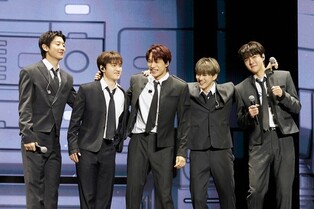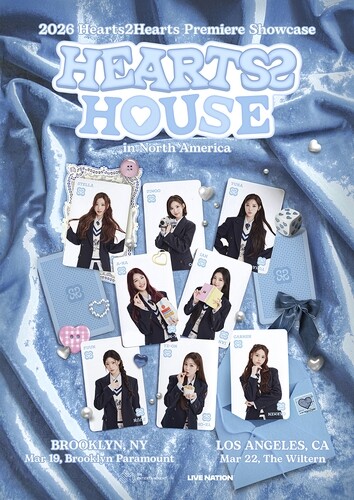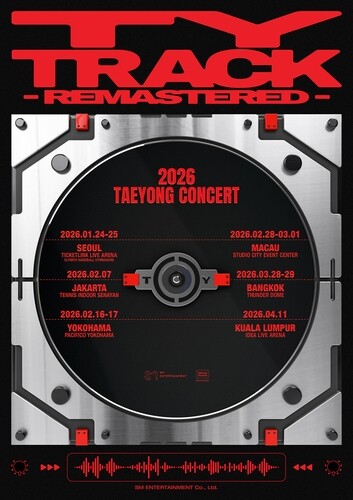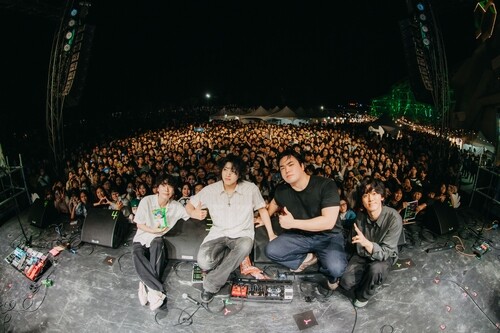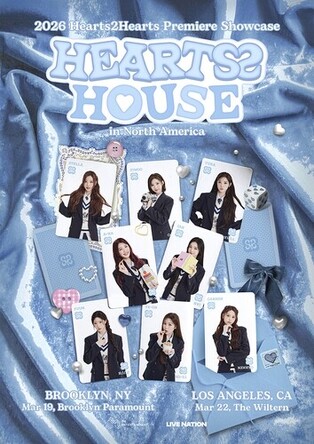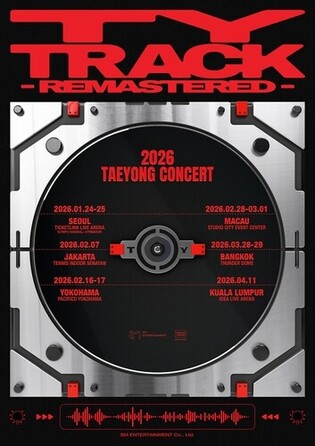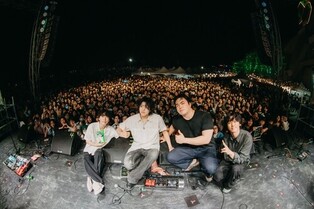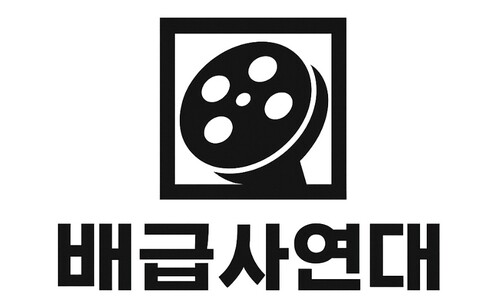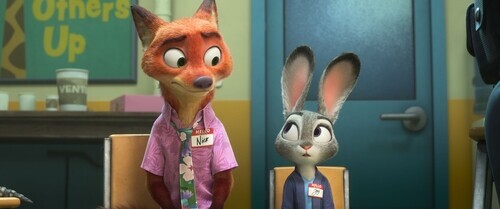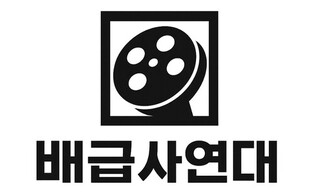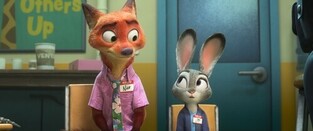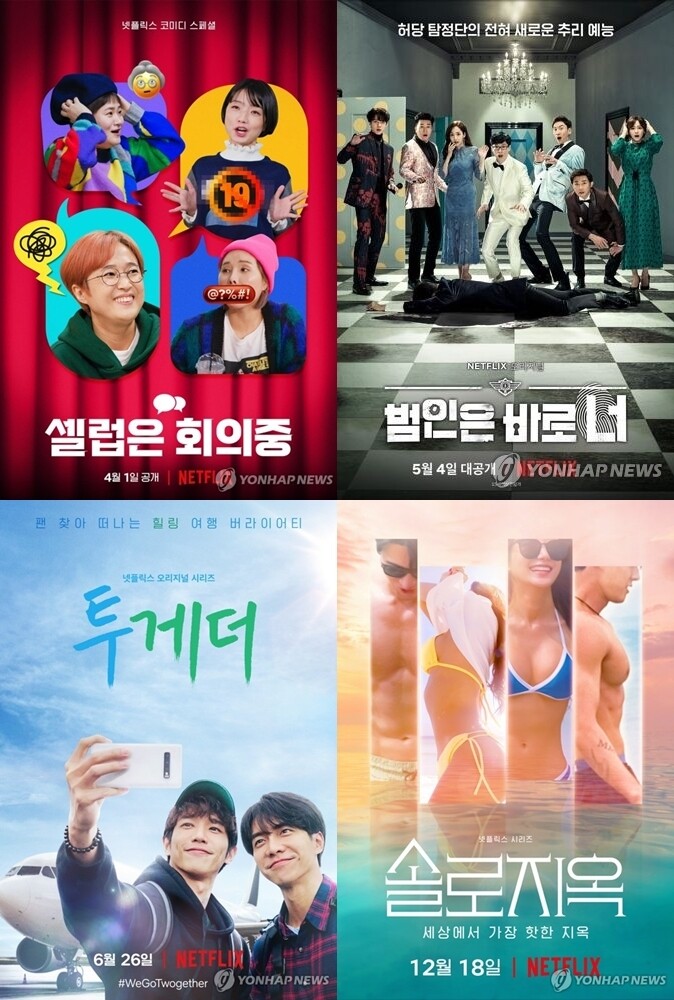 |
| ▲ This photo, provided by Netflix, shows “Celeb Five: Behind the Curtain,” “Busted!, "Single's Inferno," and "Twogether." (PHOTO NOT FOR SALE) (Yonhap) |
SEOUL, Apr. 14 (Yonhap) – Netflix, which has drawn great attention for K-dramas, such as “Squid Game” and “All of Us Are Dead,” has failed to receive favorable reviews with its Korean original entertainment series.
Netflix has presented diverse entertainment programs for the past 4 years, including “Busted!” starring S. Korean MC Yoo Jae-suk in 2018 and “Celeb Five: Behind the Curtain,” which was recently released, but they were not quite successful except the reality dating show “Single’s Inferno.”
The experts pointed out that entertainment shows have a higher language boundary than movies or dramas, which makes it harder for global strategies to work out.
The humor code has a significance difference between countries so even if they produce a program targeting global viewers, it is difficult for Korean entertainment shows to become a hit in other countries. Moreover, Korean viewers are unfamiliar with the new format, which is different from existing entertainment shows, so it is hard for them to get immersed into the program.
Netflix’s Korean original entertainment shows are actually designed to target overseas viewers from the production process, showing clear differences in terms of program format and styles of editing.
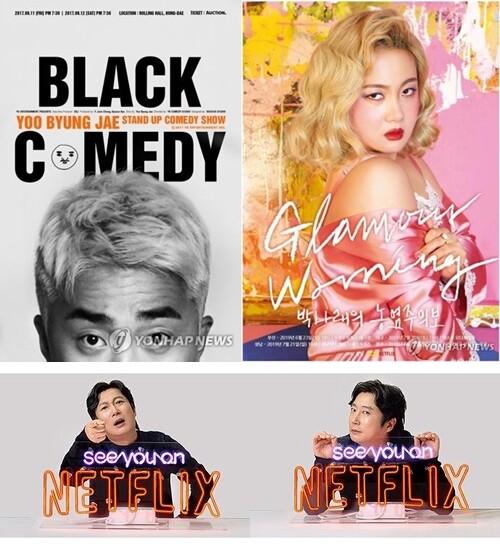 |
| ▲ This photo, provided by Netflix, shows “Yoo Byung Jae: Black Comedy,” “Park Na-rae: Glamour Warning,” and “Lee Su-Geun - The Sense Coach." (PHOTO NOT FOR SALE) (Yonhap) |
Stand-up comedy shows, such as “Yoo Byung Jae: Black Comedy,” “Park Na-rae: Glamour Warning,” and “Lee Su-Geun - The Sense Coach,” contain a format where the main cast performs in front of a live audience, often communicating with them directly from the stage and making them laugh only through words. It is common in North America but it is considered unfamiliar in Korea.
Furthermore, Korean viewers must be unfamiliar with the format where they minimize the subtitles or slangs, which often work as a humor code in Korean entertainment shows.
These kinds of differences can be clearly seen in entertainment shows “The Hungry and the Hairy” and “Seoul Check-in,” which were each released on Netflix and Tving by star TV director Kim Tae-ho.
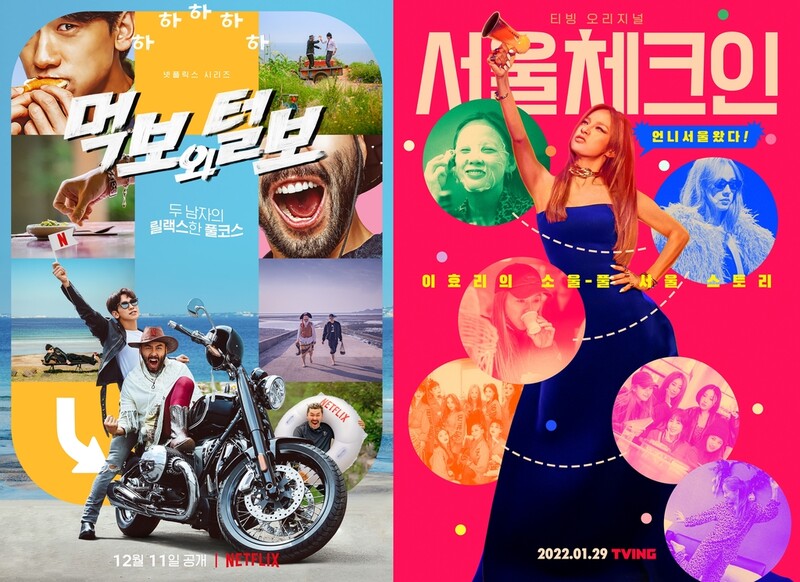 |
| ▲ This photo, provided by Netflix, shows “The Hungry and the Hairy” and “Seoul Check-in." (PHOTO NOT FOR SALE) (Yonhap) |
“Seoul Check-in” depicts Lee Hyo-ri’s life in Seoul, while “The Hungry and the Hairy” portrays a bike trip of Rain and Noh Hong-chul. They both display the lives of stars but the contents and reviews of the two shows have changed as they targeted different groups of audiences.
“Seoul Check-in,” which was targeted for domestic viewers, was produced based on the public perception of the star Lee Hyo-ri. The audiences enjoy the show by finding something special from daily conversations between Lee and her acquaintances, including Uhm Jung-hwa, as people are already familiar with her diverse aspects as a female solo artist and an activist speaking up against environmental issues.
However, “The Hungry and the Hairy” focused more on the concept of Rain and Noh Hong-chul, who have opposite personalities, going on a food trip rather than real life stories of the two stars.
Jung Duk-hyun, a Korean pop culture critic, said, “The entertainment shows unveiled on Korean OTT platforms are targeting domestic viewers but Netflix doesn’t,” adding, “It is a more global-oriented platform so it has a limit in terms of familiarity with Korean audiences.”
Jung mentioned the successful case of “Singles’ Inferno,” saying, “There is a point to think about.” There was no boundary regarding nationality in subject matters and background and it also highlighted the Korean style of getting deep into the human emotions.”
Korean pop culture critic Kim Hun-shik explained, “Every country has a different humor code so I’m skeptical about whether the Netflix’s strategy to globalize local contents could be applied to entertainment programs,” adding, “We need a selection and concentration strategy.”
(This article is translated from Korean to English by Kim Sun Min.)
(END)
(C) Yonhap News Agency. All Rights Reserved


















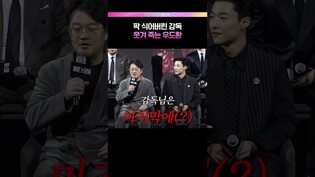
![[풀영상] 디즈니+ '메이드 인 코리아' 제작발표회|현빈 Hyunbin·정우성 Jung Woosung·우도환·서은수·원지안·정성일·강길우·노재원·박용우|Made In Korea](/news/data/20251215/p179554206856695_165_h.jpg)
